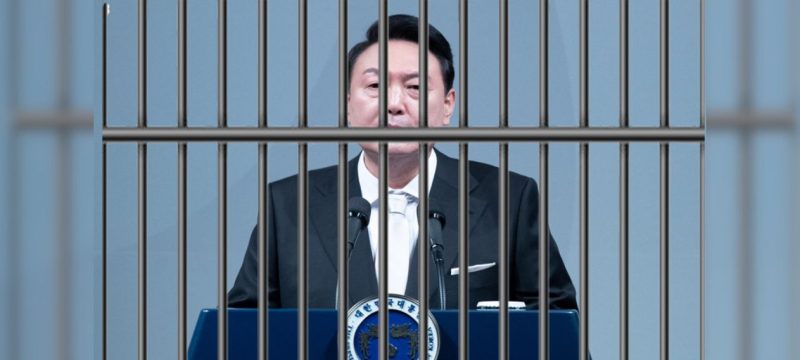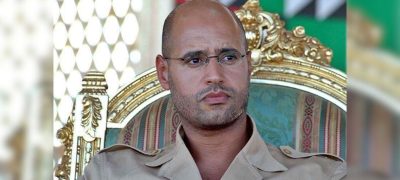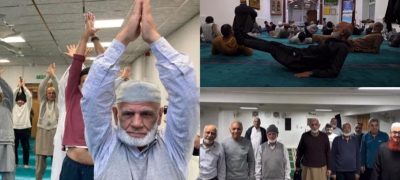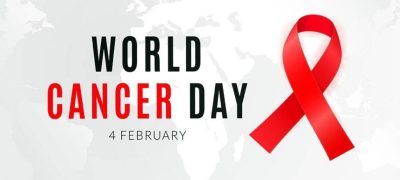South Korea’s former president, Yoon Suk-yeol, who was impeached last month, was arrested on January 15 on charges of insurrection following his controversial attempt to declare martial law.
Authorities confirmed the arrest, stating that the Joint Investigation Headquarters executed the warrant at 10:33 AM local time (01:30 GMT). The operation involved a tense standoff at Yoon’s residence, where security forces initially blocked investigators, forcing them to use ladders to enter the compound and apprehend him.
Read more: Yoon Vows to Continue Battling Political Opponents till the End
In a prerecorded video released after his arrest, Yoon stated that his decision to comply with the investigation was to prevent “bloodshed.” While he expressed doubts about the investigation’s legality, he claimed his cooperation was an effort to avoid any “unfortunate incidents.”
Outside his home, thousands of supporters rallied, with lawmakers from his conservative People Power Party and his legal team attempting to stop the arrest. Yoon was eventually escorted by police to the Corruption Investigation Office for High-Ranking Officials in Gwacheon, south of Seoul, where he will undergo questioning.
The investigation office has the authority to detain Yoon for 48 hours before deciding whether to seek further detention. This marked the second attempt to arrest the ex-president, with a prior effort thwarted earlier this month during another standoff. Since then, Yoon had remained confined to his residence and skipped the opening of his impeachment trial on January 14.
The Constitutional Court had emphasized Yoon’s presence at the trial, but his legal team argued he could not attend due to concerns about freely presenting his position amid ongoing legal proceedings.
Yoon’s impeachment stemmed from his abrupt declaration of martial law on December 3, 2024, which the National Assembly swiftly overturned. The legislature voted to impeach him on December 14, citing his actions as the trigger for an unprecedented political crisis.
This arrest marks a pivotal moment in South Korea’s modern history, raising critical questions about the legality of executive actions and deepening the nation’s political divide. The fallout from Yoon’s martial law declaration continues to shape the political landscape, as the country grapples with its implications for governance and stability.









